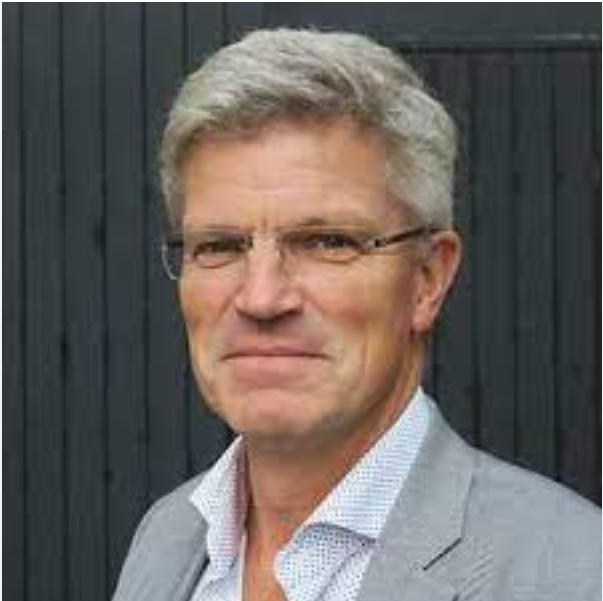< Projects

Artificial Intelligence and Industrial Transformation: Who Will Survive the Technology Shift in Sweden?
Artificial Intelligence (AI) is going to change Swedish industry as radically as the steam engine once did. What will it take for an established company to manage this transition successfully?
In their project, Mats Engwall and Emrah Karakaya are going to investigate how the breakthrough for AI and autonomous systems will affect Swedish industrial companies. Their starting point is that major revolutions in technology tend to shake up existing structures and established business models.
Swedish industry very largely consists of large, well-established companies that are successful on existing markets. Historically speaking, this type of company has often found it difficult to manage technological upheaval, however. A classic example is Kodak, whose business concept was based on photography revolving around using film that was then developed to create physical images printed on paper.
Despite having the world’s first patent on a digital camera, the company was unable to make the switch to digital photography. On the other hand, a rival to Kodak, Fujjifilm, did manage this while at the same time, the revolution has enabled companies such as Sony, Microsoft, Apple and Samsung, to gain large shares of the camera market. In other words, experience tells us that those companies that are big today, will not necessarily be the biggest ones tomorrow.
The project will focus on the following research issues:
• How is AI going to change Swedish industry?
• How will established companies tackle the AI industrial revolution?
• What roles will companies that act as intermediaries and new competitors on the market respectively, play in an AI-driven industrial revolution?
• How, and under what conditions, can established industrial companies successfully manage an AI-driven technology shift in Sweden?
They are going to map the above with the aid of field studies of three types of enterprise; well-established industrial companies, companies that act as intermediaries, and new companies on the market. One general aim is to obtain greater insights into the importance of research and development not only of products but also of business concepts and systems.
Start: 1 January 2021
End: 31 December 2025
Project type
Marianne and Marcus Wallenberg Foundation
Universities and institutes
KTH Royal Institute of Technology
Project members

Mats Engwall
Professor
KTH Royal Institute of Technology

Emrah Karakaya
Associate Professor
KTH Royal Institute of Technology

Adam Berthold
PhD student
KTH Royal Institute of Technology

